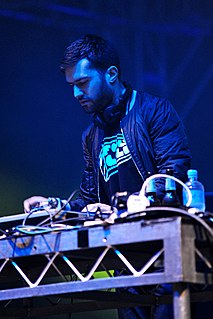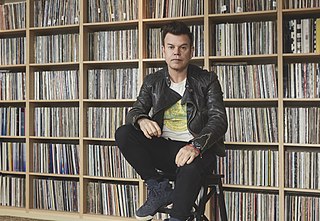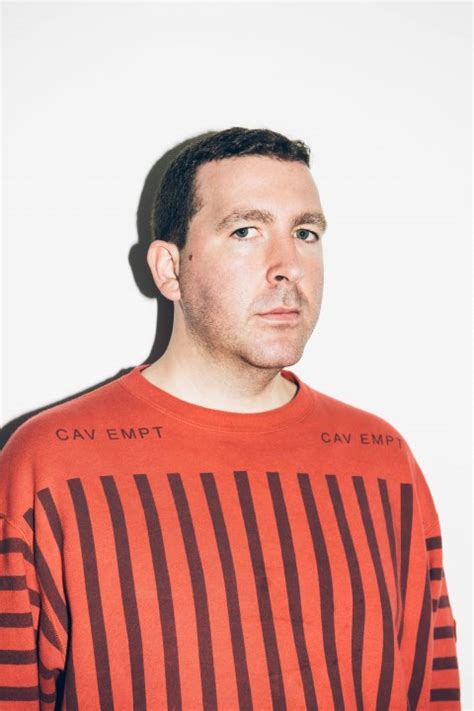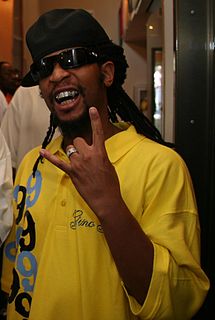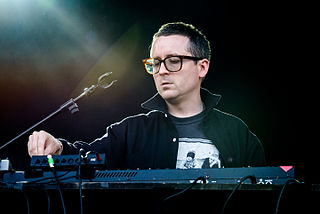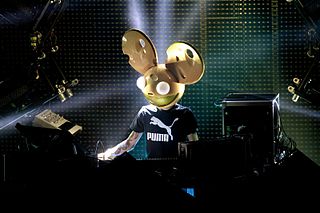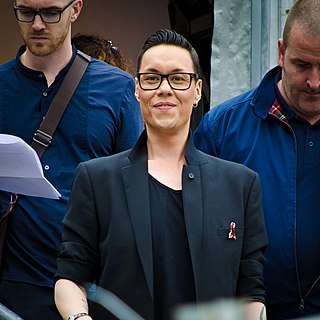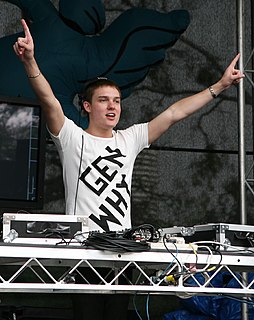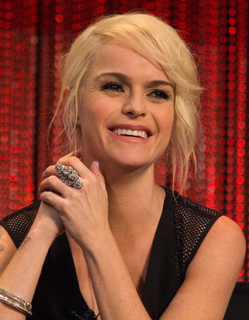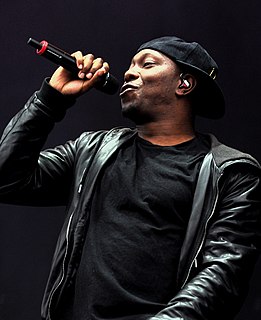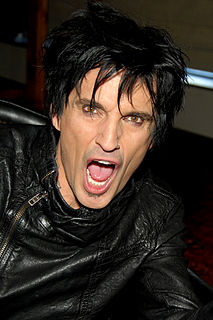A Quote by Bonobo
I do really long DJ sets - I play for five or six hours sometimes - but the live shows are a bit more compact. The arch of how to tell a story, where the energy is, where you have peaks and drops, where things go up and things come down, that's all being informed by DJ-ing.
Related Quotes
Right now, I don't particularly take different CDs or vinyl - I have my CD wallet that I take everywhere I go; there are different things in there that cater to different kinds of times - but if there's a special DJ thing coming up, I might go through my records and pick out this special selection. It's one the things that means you're improving as a DJ the more you do it, understanding what's going to go down well in a specific place.
I really enjoy playing for hours and hours. DJ sets where you turn up over an hour and you're on a festival stage, people basically expect much more pounding than I ever would play. I just feel like a fish out of water when I do those. They want something really kind of aggressive; that's not really the kind of music that I'm into.
When I'm representing my music live I think of it very much in a rock band sense. When I first started doing festivals in the 90s there really weren't other DJs playing the stages I was playing. So I felt I was being afforded an opportunity to kind of make a statement about what DJ music can be live. In the 90s, if you were a DJ you were in the dance tent, and you were playing house music and techno music. There was no such thing as a DJ - a solo DJ - on a stage, after a rock band and before another rock band: that just didn't happen.

